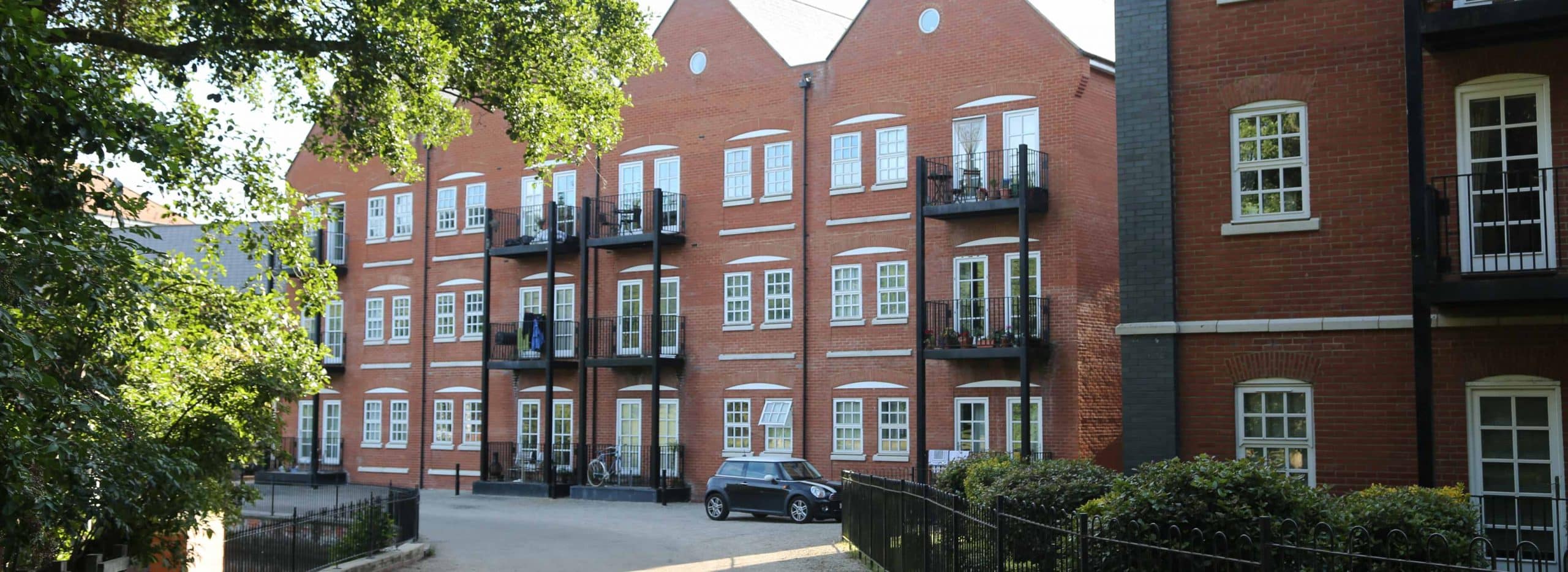Why buy your freehold? Will it make my flat more saleable and if so what is the evidence for this?
If you buy your own freehold, or a share of it, you don’t ever have to deal with a third party freeholder (and in some cases freeholders are absent). If you don’t own a share of your freehold you will be paying, typically in the Essex region anything from £150-£250 annually for ground rent.
Freehold ownership means you can dispense with this cost and will only be charged a very low nominal ground rent, a ‘peppercorn’ rent. Additionally, all leases last for a number of years, and are sold on a diminishing time basis. So if you have a 99-year lease, when that reduces to some 70 years you will need to start negotiations to extend your lease.
If you own a share of your freehold you are effectively the landlord so those negotiations don’t exist, which means you can extend your lease as a formality thus making the value of your lease a lot higher.
Can you buy your freehold individually or do you need everyone in the block to consent?
No, under the Leasehold Reform Housing and Urban Development Act 1993 you can buy your freehold under ‘collective enfranchisement’. This is the term given to a number of leaseholders who get together to buy the freehold.
So long as the building is a self-contained structure and you have the agreement of half the leaseholders of the building to buy the freehold you can go ahead. Those who don’t want a share of the freehold will still need to pay ground rent etc but they will need to negotiate any lease extensions with the new joint freeholders.
Who can do the legal work? Can PMS Managing Estates action this for anyone or do you need to be an existing client?
We can provide consultancy advice but because this is a legal process it needs to be carried out by a solicitor and a surveyor, however, we can make recommendations and referrals for you.
Who values the freehold and what kinds of costs will this entail per flat?
You will need to pay for the services of a surveyor as they are best qualified to give you an accurate picture of the cost of your share of the freehold. It also means a freeholder cannot put an unrealistic price tag on the transaction.
Employing the services of a surveyor is good value for money when you put it against the costs of how much ground rent you will save over the years. In summary, your costs will be the fees of a solicitor, surveyor and the cost of your share of the freehold.
If a leaseholder is paying for a share of the freehold what is the advantage to them? Wouldn’t they be better to go down the Right To Manage (RTM) route?
The two are very different. Collective enfranchisement means you are collectively buying the block but RTM is for a group of leaseholders who are frustrated at the way their block is being managed and doesn’t allow for ownership of the block. Both allow you to manage your own block but they are two very separate legal processes.
Does the existing freeholder have to agree to sell the freehold or can they refuse?
As long as the building meets the criteria, ie it is a freestanding, self-contained block, you can compel your landlord to sell to you. The surveyors report has to give his opinion and the price has to be reasonable according to the surveyor’s report, so long as the landlord is not out of pocket.
What if you can’t find or contact the freeholder of your building?
There is direct provision for this in the Leasehold Reform Housing and Urban Development Act 1993 (Section 26); the First Tier Tribunal can dispense with the need to serve notice on an absent Landlord.
For this to be granted, the Tribunal will need to be absolutely satisfied that all steps have been taken to trace the person or company in question – this may be through advertisements in local papers or other such public broadcast methods. In short, the court will only grant the dispensing of serving notice if all methods of tracing have been exhausted. However, an absent Landlord is quite rare.
Could the proposed purchase of a freehold hold up the sale of a flat?
No. Because until the execution date of the sale of the freehold everything should continue as normal.
Does a share of the freehold mean there is no need to extend my lease, ever?
In theory, yes, but the current lease term will stay the same. When this starts to depreciate at that point you would be encouraged to extend your lease almost indefinitely but if you own a share of the freehold this becomes just a formality. However, it would be subject to legal fees but you will not be paying a market rate to extend it via a third party.
Is it generally cheaper to extend my lease by 99 years or buy a share of the freehold?
Current market forces will determine the cost of extending your lease, so if you are buying in a buoyant property market you can expect to pay a lot. Generally, it is more cost effective to contribute to a purchase of a freehold than to negotiate a lease extension with a professional landlord.
Do you need to buy your freehold to manage your own building?
Not necessarily. Each development is different but you don’t need to buy your property to manage it. See our advice on Right To Manage [link to RTM page]
Does buying the freehold increase my individual responsibility or can this be delegated to a managing agent?
There might be a managing agent already engaged at the point Collective Enfranchisement is executed which, if track their record proves efficient, can be retained. There is no obligation to employ the services of a managing agent, however depending on the size of the block, its condition and the frequency of, and likelihood of major works, a managing agent will allow for the efficient administration of the building on behalf of the new Landlord and/or the Residents’ Management Company identified in the leases.

